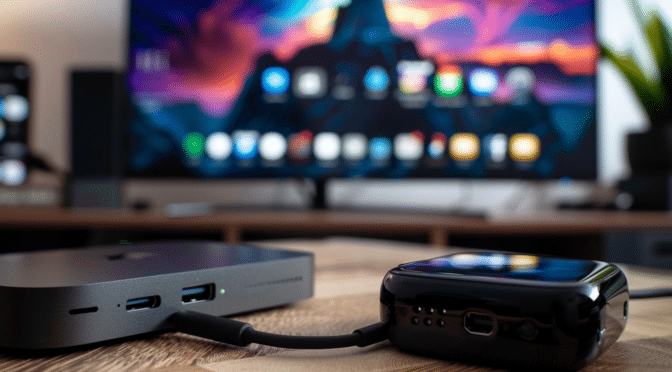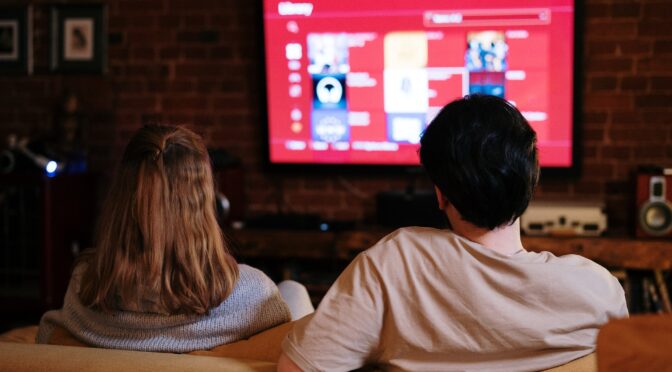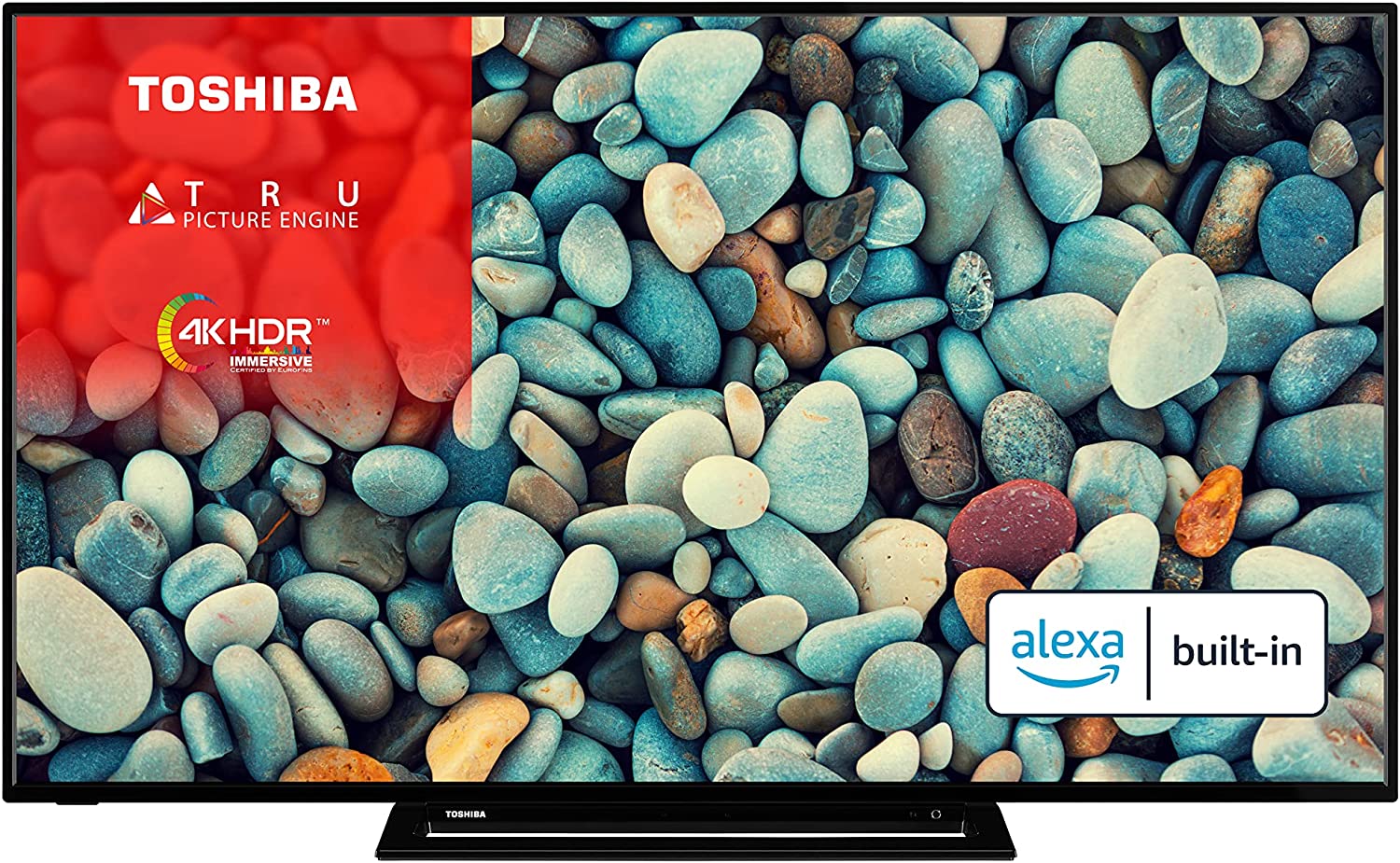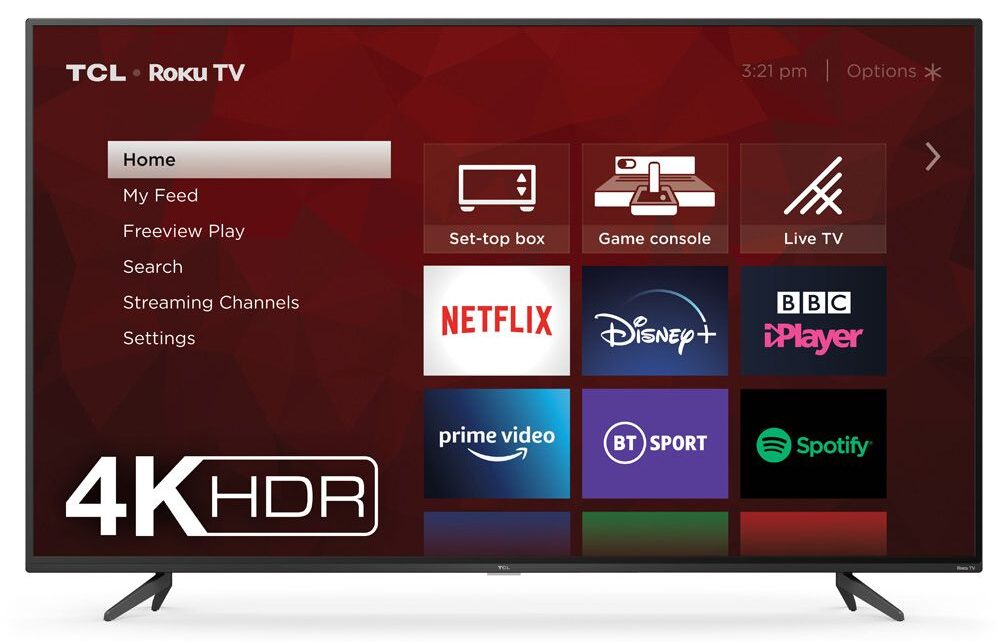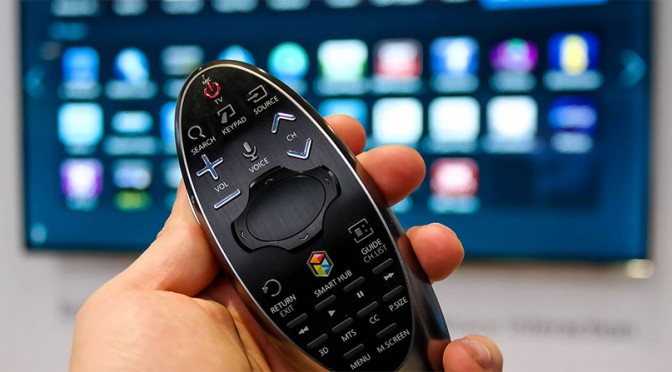Podcast: Play in new window | Download
Subscribe: Apple Podcasts | Email | TuneIn | RSS | More
Today I had the pleasure of chatting with Trish Adudu on her drivetime show on BBC Radio CWR about Jailbroken Streaming Devices.
In the golden era of television, our choices were simple, defined by the limited channels available through traditional broadcast. Fast forward to today, and the landscape has dramatically shifted. The digital revolution has ushered in an age where streaming platforms are king, offering a cornucopia of content that was once unimaginable. Yet, with this abundance comes a new set of challenges for consumers navigating the costs and legalities of accessing their favorite shows and movies.
Enter the controversial world of jailbroken or “dodgy” fire sticks. These modified devices promise a world of free content, bypassing the subscription fees of mainstream streaming services. At first glance, the allure is undeniable. Who wouldn’t want access to endless entertainment without the hefty price tag? But as we peel back the layers, the darker implications of these devices come to light.
The Legal Grey Zone
First and foremost, it’s crucial to acknowledge the elephant in the room: jailbroken fire sticks are illegal. Despite their widespread availability and the somewhat cavalier attitude some may have towards using them, they pose significant legal risks to users. Beyond the risk of fines or legal action, there’s a deeper issue at play here—the ethics of content consumption. In our quest for convenience and cost-saving, we must ask ourselves: at what price does this come to the creators and distributors of the content we consume?
The Cost of Convenience
The debate over streaming platforms’ pricing structures is valid, especially in a world grappling with rising living costs. However, turning to illegal alternatives like jailbroken fire sticks isn’t a victimless crime. It undermines the very industry that entertains us, potentially stifling the creation of new content. Moreover, the risks extend beyond legal ramifications. Using these devices can expose users to cybersecurity threats, including theft of personal and financial information. Trusting one’s digital safety to the hands of unknown, potentially criminal entities is a gamble few should be willing to take.
A Fragmented Marketplace
The current streaming landscape is indeed fragmented, with exclusive content spread across numerous platforms. This exclusivity can lead to subscription fatigue, as consumers find themselves subscribing to multiple services to access all the content they desire—a costly endeavor. This fragmentation fuels the temptation to seek out illegal alternatives. Yet, it also calls for a discussion on the sustainability of the current model and the need for more consumer-friendly solutions.
Looking Forward
As we navigate the evolving world of digital content consumption, it’s clear that there’s no one-size-fits-all solution. While the allure of free content is undeniable, the risks and ethical implications of jailbroken streaming devices cannot be overlooked. It’s a reminder of the need for a balanced approach that respects the rights of content creators while also considering the affordability and accessibility for consumers. Perhaps the future will bring more innovative solutions to this dilemma, but until then, the debate rages on.
The gadget world is vast and ever-changing, but as we venture into its depths, let’s tread carefully, mindful of the legal and ethical boundaries that govern our digital playground.

